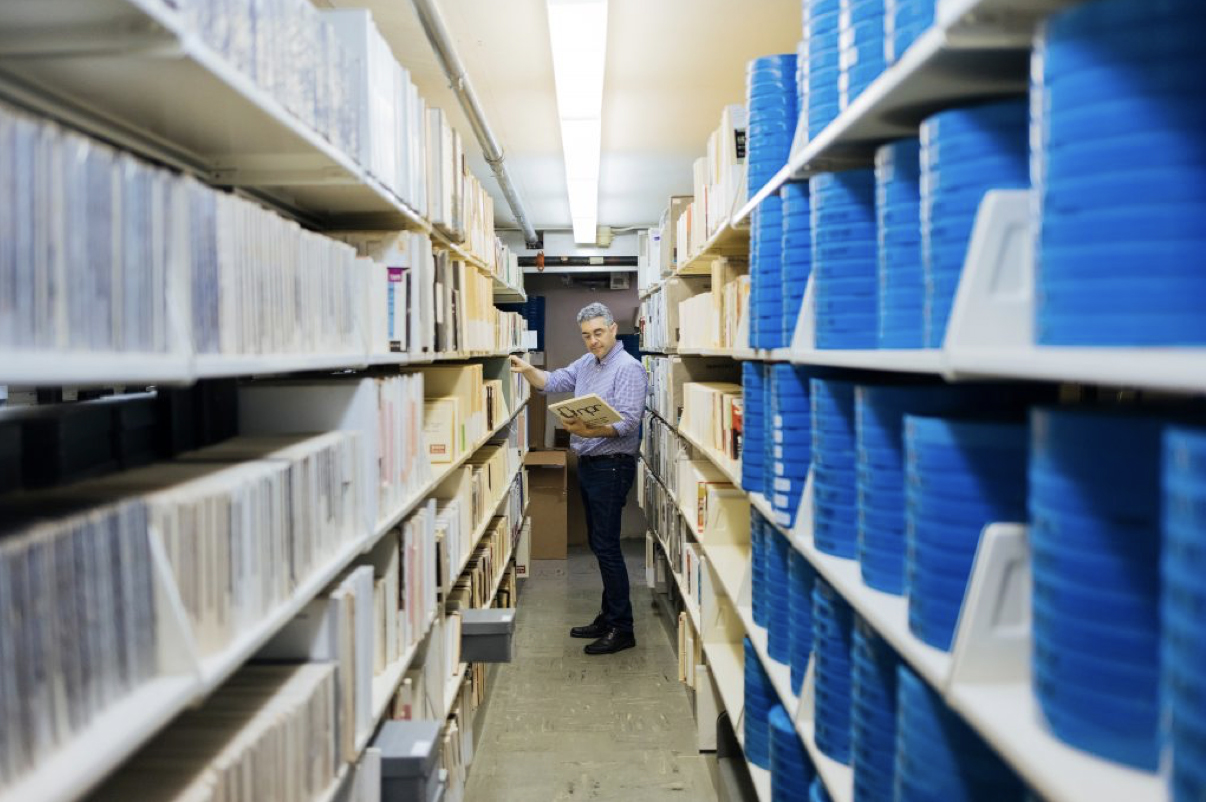- Membership
- Perks and Discounts
- Things To Do
- Resources
- News
- About
- Shop
Related Content
Confronting Our Saunderses: Carolina and Disparate Visions of the Future
Jan. 13, 2017
There is something new to see on the campus. Two things, really — history lessons...
Read MoreArtist of the Portrait
Jan. 15, 2016
Life often was a struggle for Bayard Wootten, and for many of her subjects, as...
Read MoreBring Out Your College Clothes; Wilson Wants to Try Them On
Sept. 4, 2015
A class sweater, a dress purchased on Franklin Street — a piece of clothing that...
Read More-
2024
-
2023
-
2022
-
2021
-
2020
-
2019
-
2018
-
2017
-
2016
-
2015
-
2014
-
2013
-
2012
-
2011
-
2010
-
2009
-
2008
-
2007
-
2006
-
2005
-
2004
- Academics and Athletics
- Admissions
- Alumni Profiles
- Alumni Recognition
- Around Town
- Arts
- Books
- Campus Profile
- Campus Safety
- Carolina Alumni Awards
- Carolina Alumni Leadership
- Carolina Alumni Programs and Outreach
- Carolina Alumni Reunions
- Carolina Alumni Review
- Celebrations
- Championships
- College and Costs
- Commencement
- Coronavirus
- Discovery
- Extracurricular
- Faculty
- Faculty Awards
- For the People
- Go Heels
- Greek Life
- Hark the Sounds
- Higher Education
- Homecoming
- In Class
- In Memoriam
- Innovation and Technology
- Issues
- Object Lesson
- On View
- Our Treescape
- Philanthropy
- Podcast
- Public Service
- Race and Reckoning
- Research
- Sexual Assault
- Silent Sam
- Sports
- Structures
- Student Achievement
- Students
- Timelines
- Tuition and Financial Aid
- UNC Libraries
- UNC’s History
- Undergraduate Spotlight
- University Achievements
- University Awards
- University Budget Issues
- University Development
- University Leadership
- University News
- University Rankings
- What We Do
- Who We Are
- Young Alumni
- Yours at Carolina
Rare Recordings Among Treasures to Go Online With Mellon Grant
Posted on Aug. 16, 2018
Steve Weiss, curator of the Southern Folklife Collection at the Wilson Special Collections Library, browses the SFC stacks. (UNC photo)
Speeches that U.S. presidents Franklin Delano Roosevelt and John F. Kennedy delivered at the University, recordings of Beat Generation poets such as Allen Ginsberg and Lawrence Ferlinghetti ’41, performances by North Carolina icons Andy Griffith ’49 and Doc Watson, and street scenes filmed across North Carolina in the 1930s are among the items that global audiences and researchers soon will be able to hear and view online.
A grant of $1.75 million from the Andrew W. Mellon Foundation will enable UNC’s Southern Folklife Collection to preserve, digitize and share unique audio and moving image recordings with the world.
The three-year grant is the largest ever made to the University libraries. It will address collections from the SFC and other parts of the Wilson Special Collections Library as well as at six partner institutions across the state.
“Support from the Mellon Foundation has allowed Carolina’s libraries to take a leading role in preserving our nation’s fragile audiovisual heritage,” said Elaine Westbrooks, vice provost for University Libraries and University librarian. “We are grateful for the foundation’s continued investment in our work.”
Steve Weiss, curator of the SFC, said that the grant builds on two prior Mellon Foundation grants. The first enabled his team to investigate the challenges of preserving audiovisual materials on a large scale. With the second, they tested their proposed approach using the collections of the SFC.
Historic audiovisual collections are uniquely problematic for archives and libraries, Weiss said. Film and magnetic media deteriorate rapidly. Specialized expertise and equipment are required to play and preserve fragile recordings. The challenge is especially urgent for archives like the SFC, which is home to more than 300,000 recordings used by researchers, performers, instructors, students and music fans.
“We are one of only a handful of institutions in the country positioned to do this kind of work on a large scale,” Weiss said.
The SFC will partner with six institutions through the N.C. Digital Heritage Center, a statewide digitization and publishing program based at Wilson. The State Archives of North Carolina, the Southern Appalachian Archives at Mars Hill University and the Forest History Society in Durham also have committed to work with the SFC.
The library will hire two audio engineers and two audiovisual assistants to manage audio preservation and digitization at its studio in Wilson, as well as a software developer. A specialized contractor will handle film and video materials.
© 2024 Carolina Alumni
